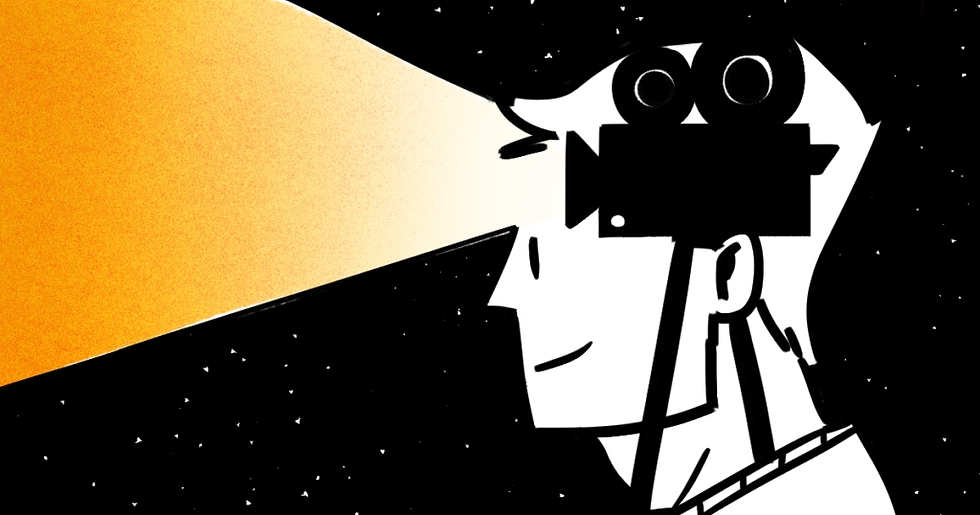Psychology Of Filmmaking: What You Need To Know To Make Your Ideas Stick
- Nihar Bastia
- Sep 14, 2022
- 3 min read
Why is it that we still watch horror films?
Does the fear inherent in these films make us more alert or does it numb our senses?
What if horror films were made with a different type of intention than to scare us?
The term ‘horror film’ has become synonymous with blood, gore, and violence.
As such, many people would assume that the intention behind these types of movies is to frighten the audience.
However, this may not be all there is to it. Some psychologists believe that horror movies have an underlying function that helps keep audiences alert by helping them face their fears on screen rather than in real life.
What Is Psychology of Filmmaking?
The psychology of filmmaking is a relatively new field that deals with the psychological implications and effects that are seen in films.
The film industry has been around for over 100 years, but only recently have psychologists started to take an interest in how it affects people mentally.
There are many different aspects of filmmaking such as editing, music scoring, cinematography, and more that can affect the viewer’s emotions or thoughts about certain topics.
Some filmmakers use these concepts purposefully to convey their message while others do not realize they’re doing so.
A Psychology Of Film
Others argue that they are created for entertainment purposes only and should not be analyzed at all critically.
Another reason is that we like to be told stories in order for us to think about our own lives and what could happen next or how we would handle certain situations.
We are all different people with different backgrounds, but movies give us the chance for some kind of connection or understanding where otherwise there wouldn’t be one.
All these factors make movies such a powerful form of entertainment and artistry, which I hope this guide will show you as well!

What Is Movie Analysis In Psychology?
Movie Analysis in Psychology is the process of interpreting movies from a psychological perspective. This can be done on any level, but typically it involves looking at what the movie says about human behavior and experience.
It also looks at how we interpret stories and symbols in life.
This article will explore some different approaches to movie analysis, as well as provide some examples for readers to try out themselves!
We all love movies and want to know what they mean. Psychology has a lot of different theories on how our minds work, so it’s no surprise that there are many different ways to analyze them.
What is Movie Analysis in Psychology?
Psychologists have come up with many theories about human nature and behavior. Some think humans are inherently good while others believe we’re selfish by nature.
Others see us as somewhere in between those two extremes or something else entirely. We even have ideas about why people find themselves attracted to certain types of films (e.g., horror).
The goal of movie analysis in psychology is to understand the thoughts and feelings that people experience during a movie.
This can be done by asking questions like “How does this person feel about this scene?” or “What was the protagonist thinking at this point?” These are some of the many questions asked in an interpersonal drama therapy session.
Movie analysis is a technique in psychology that involves analyzing movies for their underlying messages.
This can be done by looking at what the movie portrays, how it portrays it, and the context of who created the movie.
There are many different ways to do this type of analysis, but one, in particular, is called “The Rorschach Technique”.
The Rorschach Technique looks at scenes from movies that have been shown before as well as scenes that will never be seen again to try and find meaning behind them. For example:
In Jurassic Park (1993) there is a scene where two young girls are screaming after seeing something scary happen on screen while their father tries to calm them down.
What does this mean?








Comments